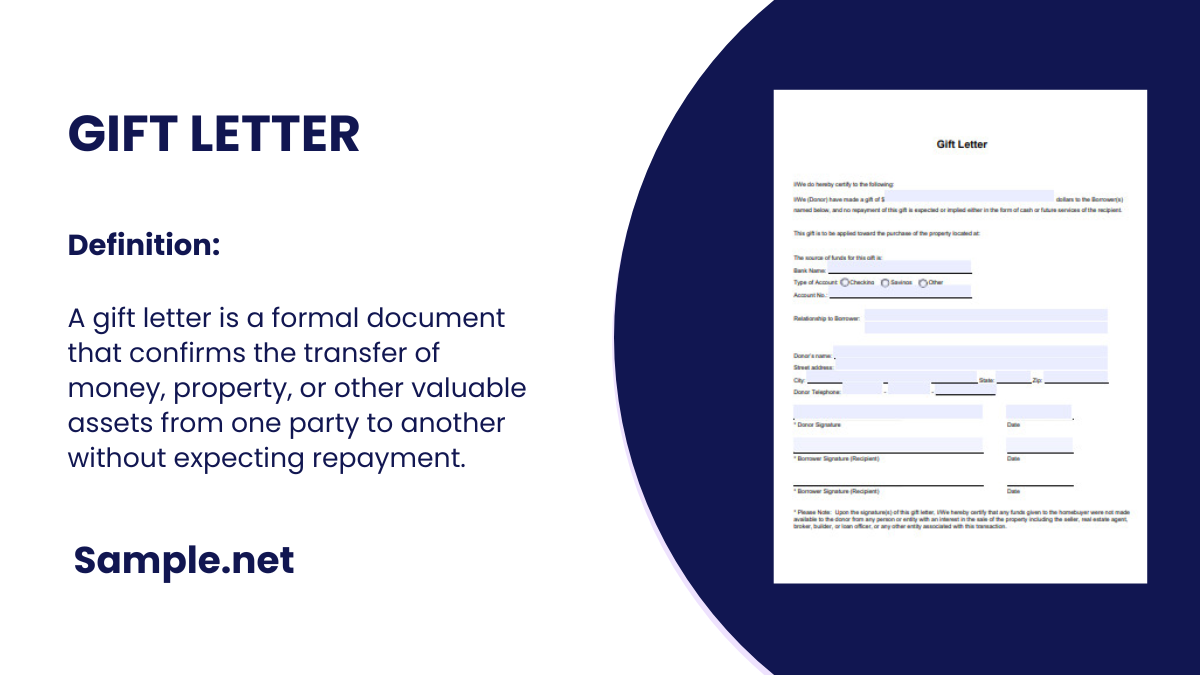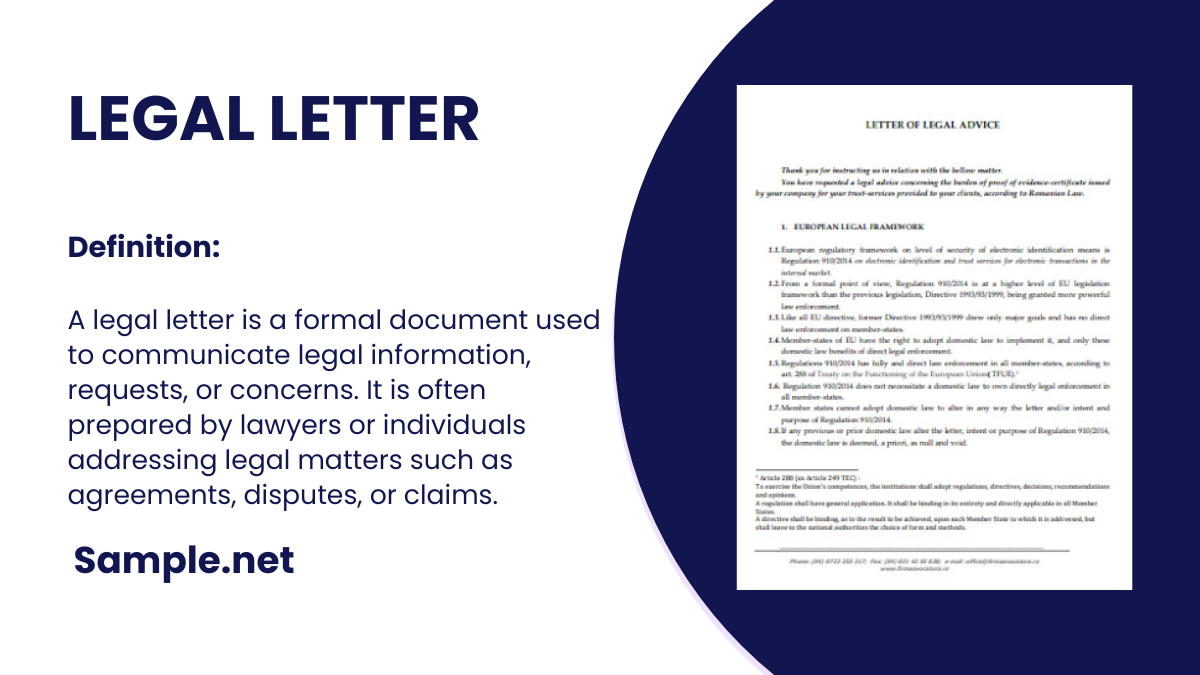A gift letter is a formal document that confirms the transfer of money, property, or other valuable assets from one party to another without expecting repayment. Often used in…
continue reading
41+ Sample Internship Letter of Recommendation
-
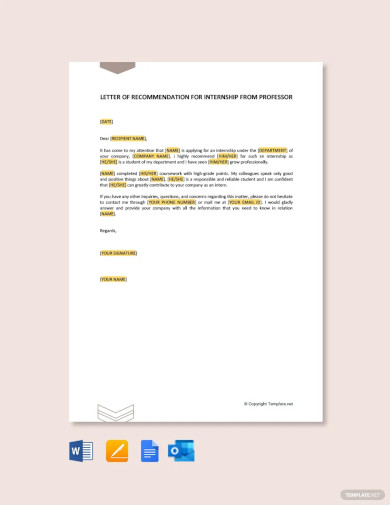
Letter of Recommendation for Internship from Professor Template
download now -
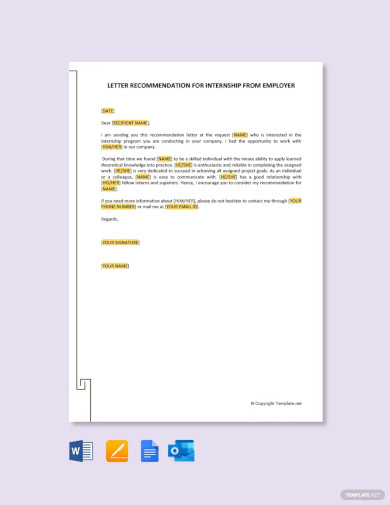
Letter of Recommendation for Internship from Employer Template
download now -
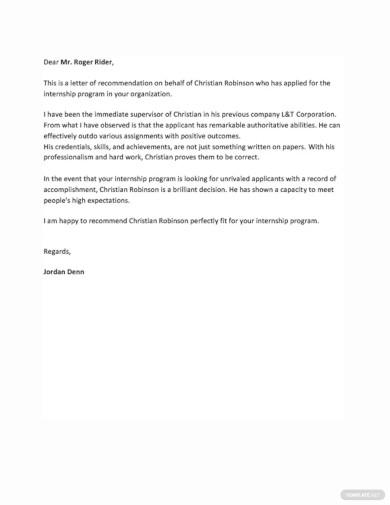
Employer Letter of Recommendation for Internship
download now -
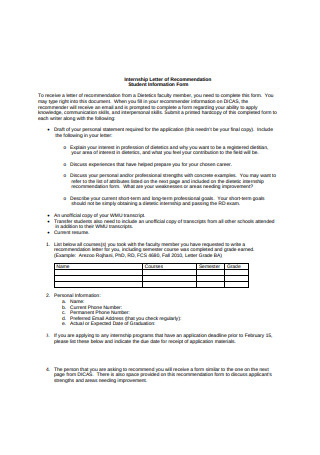
Internship Letter of Recommendation Student Information Form
download now -
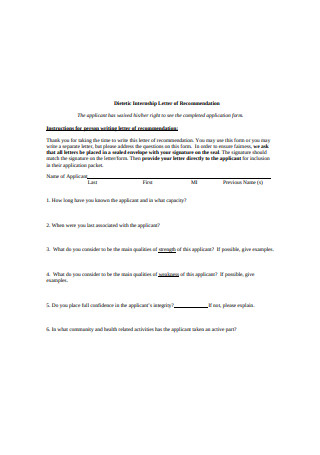
Supervisor Internship Letter of Recommendation
download now -
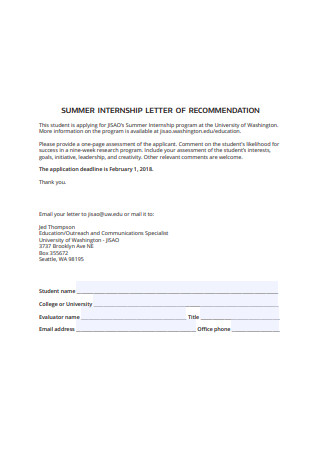
Summer Internship Letter of Recommendation
download now -
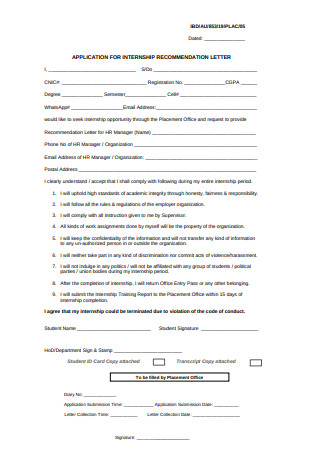
Application for Medical Internship Recommendation Letter
download now -
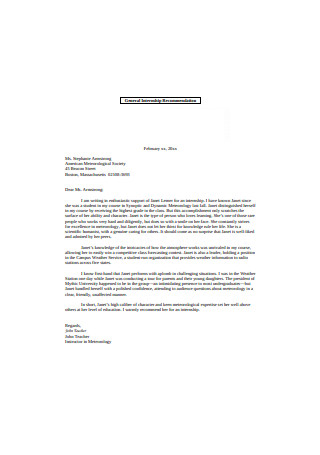
General Internship Completion Recommendation Letter
download now -
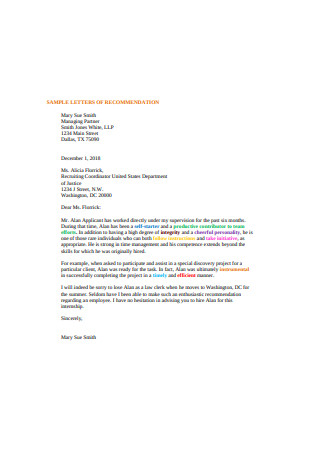
Sample College Internship Letter of Recommendation
download now -
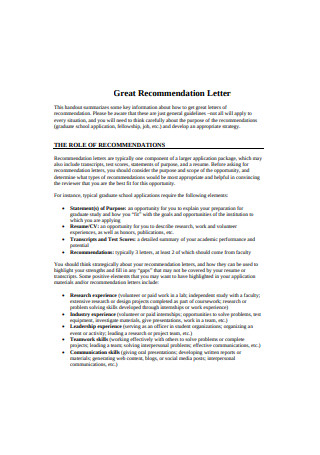
Great Teacher Recommendation Letter of Internship
download now -
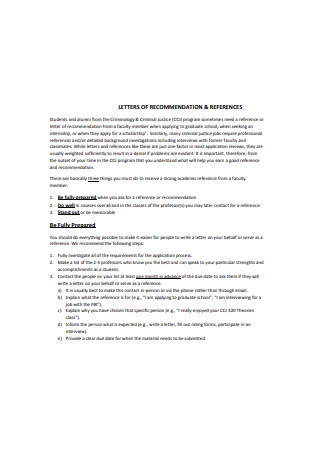
Internship Letter of Recommendation Law and Reference
download now -
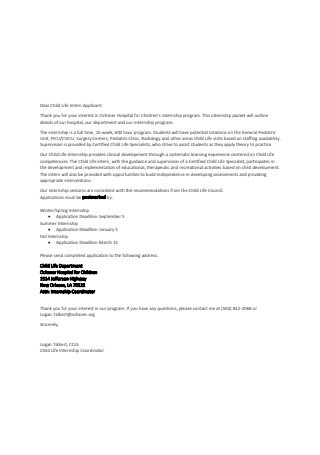
ngo Internship Recommendation Letter
download now -
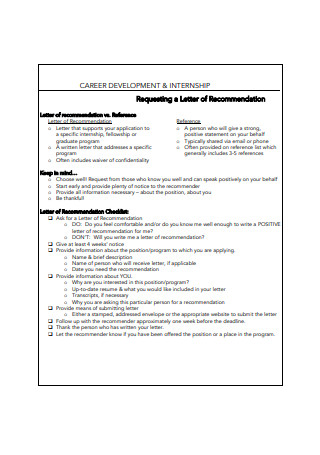
Finance Internship Recommendation Letter
download now -
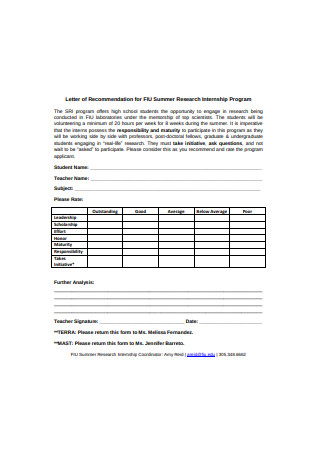
Request Letter of Recommendation for Summer Research Internship Program
download now -
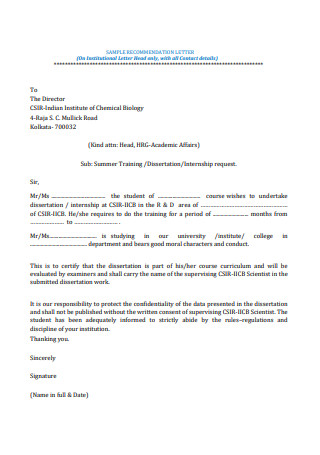
School Psychologist Internship Recommendation Letter
download now -
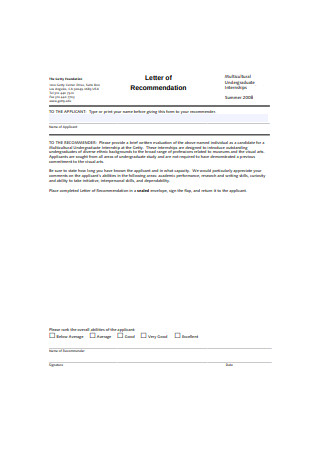
Architecture Internship Letter of Recommendation
download now -
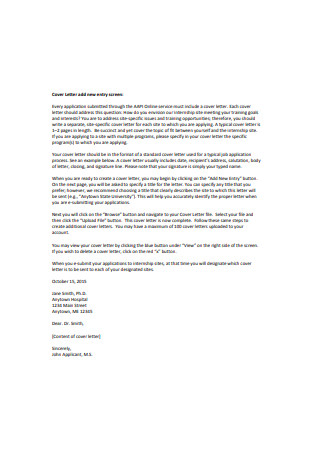
Sample University Internship Recommendation Letter
download now -
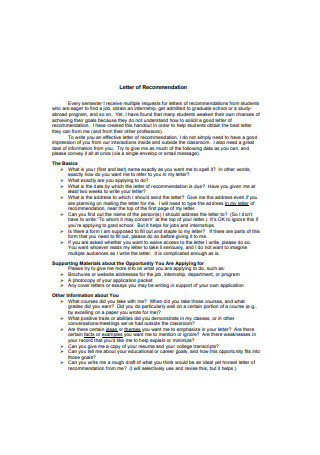
Internship Email Letter of Recommendation
download now -
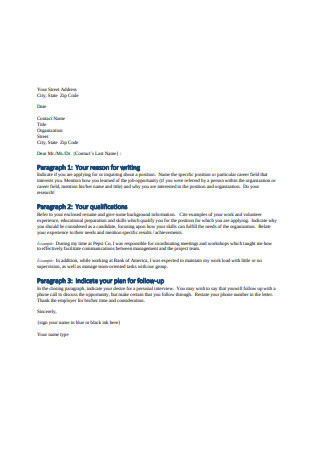
Basic Internship Certificate Letter of Recommendation
download now -
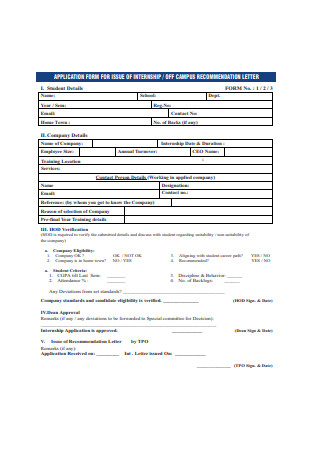
Post Internship Recommendation Letter
download now -
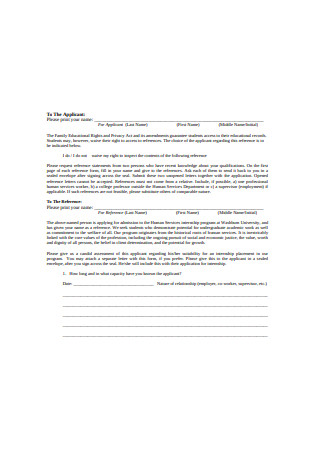
High School Student Internship Letter of Recommendation
download now -
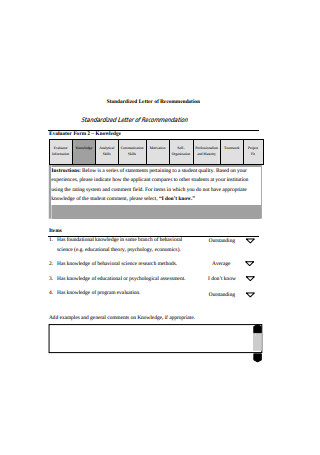
Manager Internship Letter of Recommendation
download now -
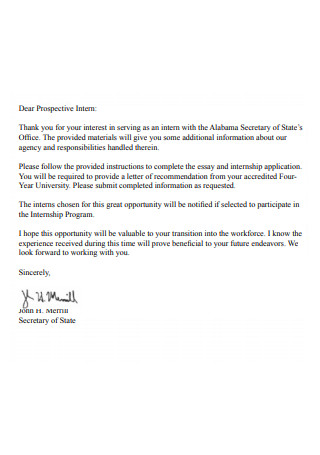
Pathology Residency Internship Recommendation Letter
download now -
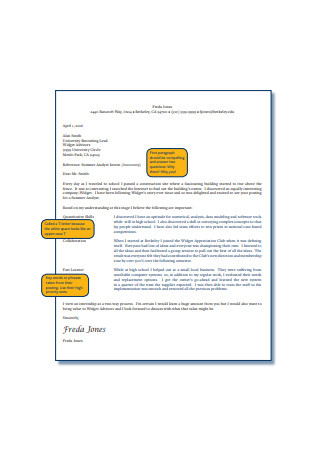
Formal Draft Internship Letter of Recommendation
download now -
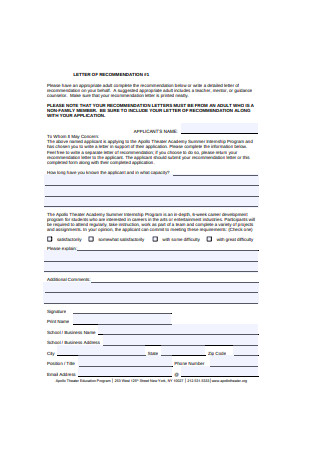
Family Friend Internship Letter of Recommendation Example
download now -
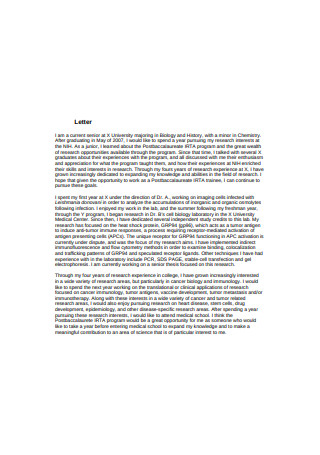
Research Training Personal Internship Recommendation Letter
download now -
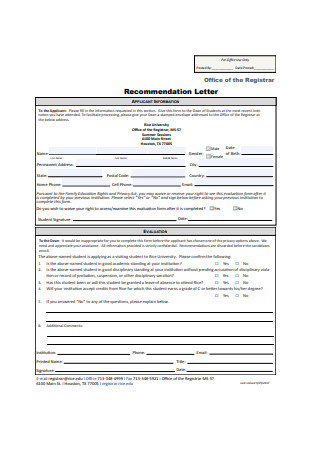
Internship Recommendation Letter Format
download now -
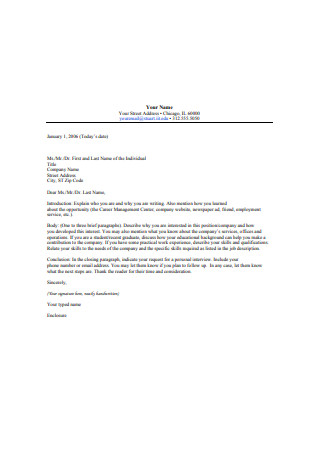
Standard Internship Recommendation Letter
download now -
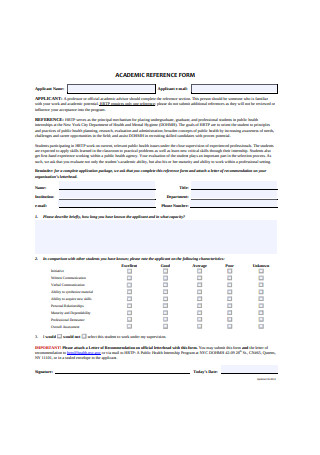
Academic Internship Letter of Recommendation Form
download now -
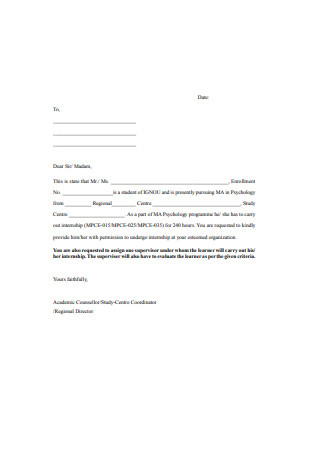
Internship Recommendation Letter
download now -
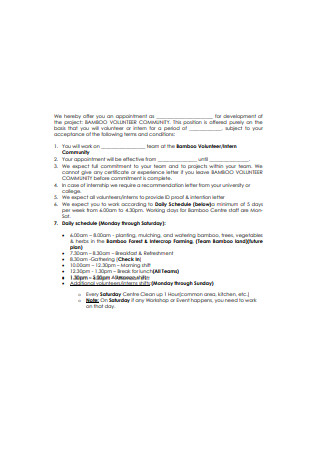
Professional Internship Recommendation Letter
download now -
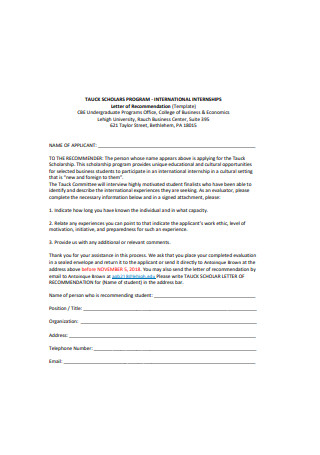
International Internship Letter of Recommendation
download now -
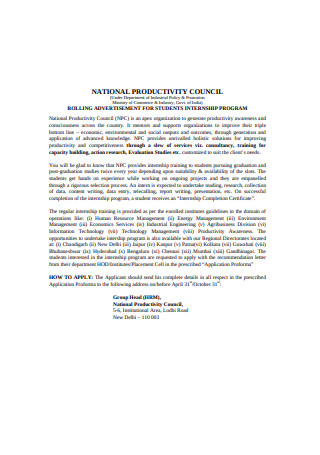
Student Internship Recommendation Letter
download now -
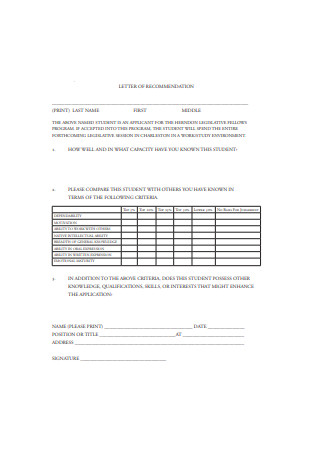
Legislative Internship Letter of Recommendation
download now -
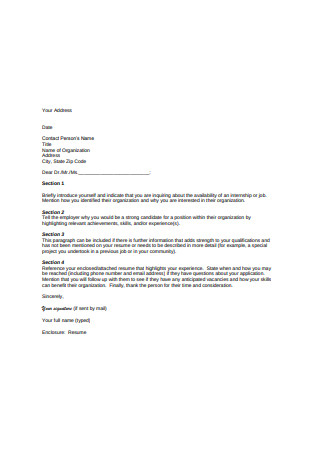
Recommendation Letter of Internship
download now -
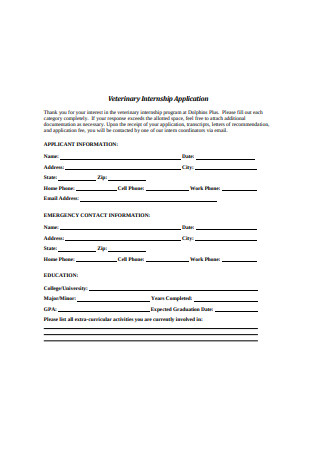
Veterinary Internship Letter of Recommendation Application
download now -
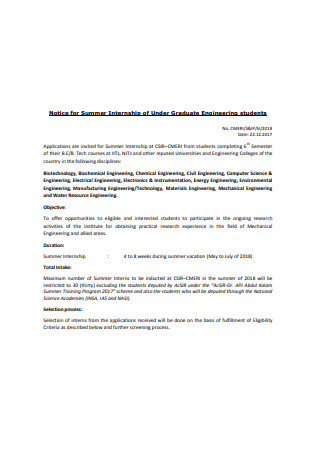
Summer Internship Recommendation Letter for Under Graduate Students
download now -
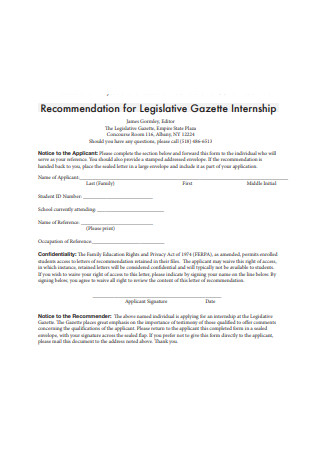
Recommendation Letter for Legislative Gazette Internship
download now -
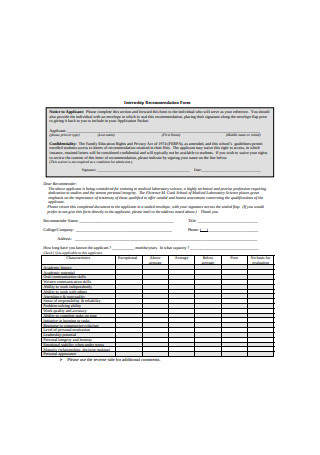
Internship Recommendation Letter Form
download now -
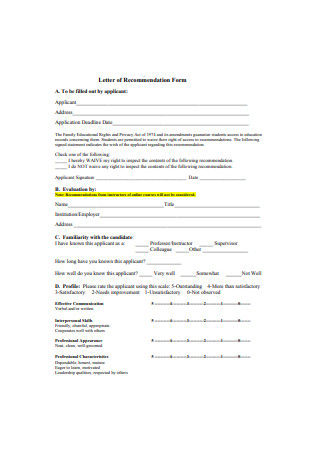
Internship Letter of Recommendation Form
download now -
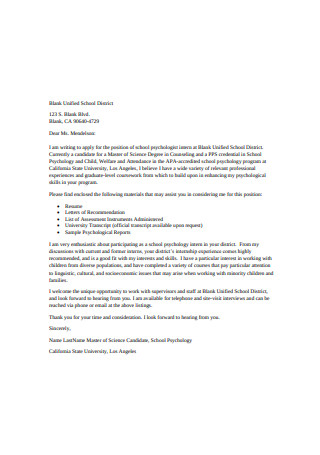
Student Internship Letter of Recommendation
download now -
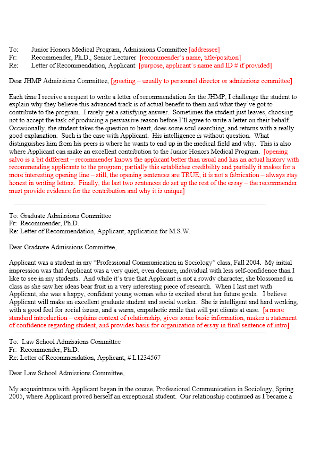
Internship Letter of Recommendation Template
download now
What Is an Internship Letter of Recommendation?
A letter of recommendation for an internship is a character reference that documents the skillset, qualities, and achievements of someone who is applying for an internship position in a particular company. It validates what the employer has recently learned about the person through the application that was submitted. The internship letter also provides answers to questions regarding the individual’s habits or performance under the writer’s observation. An honest recommendation is always a good thing for recipients to obtain a more personalized account of another person’s experiences with the applicant. But if you don’t believe you can provide a quality recommendation, you need to think twice before accepting the request. There’s no point in writing a professional letter of recommendation if you don’t have any positive stories to tell about the applicant. Having some knowledge of what the candidate is capable of and how he or she performs in a work environment is crucial to an effective recommendation letter.
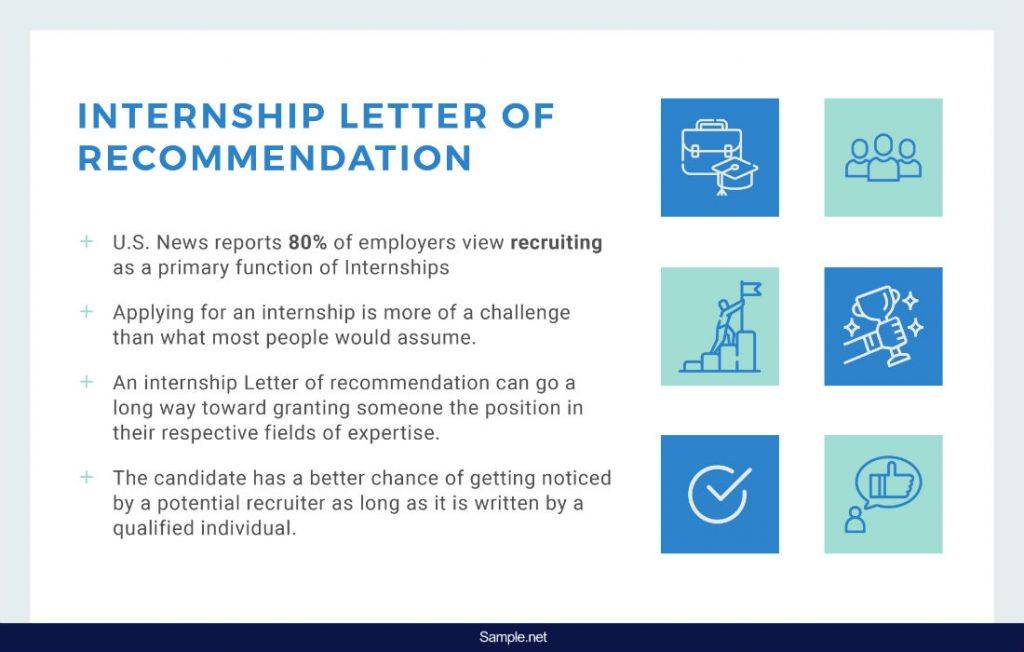
The Importance of an Internship Letter of Recommendation
To set the record straight, letters of recommendation are not a necessity, nor do they guarantee a spot for the position being applied. However, a recommendation letter can make a difference in your application. You can’t dismiss the importance of having a solid recommendation to present if you haven’t tried it. The letter could carry a lot of weight if it is written by someone who is a well-respected member of the institution or organization that you are a part of. Any recommendation from someone that the intern has worked for in a related industry is likely to make a more significant impact if the grades are not enough to impress an employer. It’s more of a differentiation point to help you stand out from other potential candidates by matching the candidate’s skills with the position. The goal here is to make a recommendation that will help strengthen one’s chances of getting hired as an intern. It’s a positive addition to your internship application that’s sure to make you a candidate worth considering.
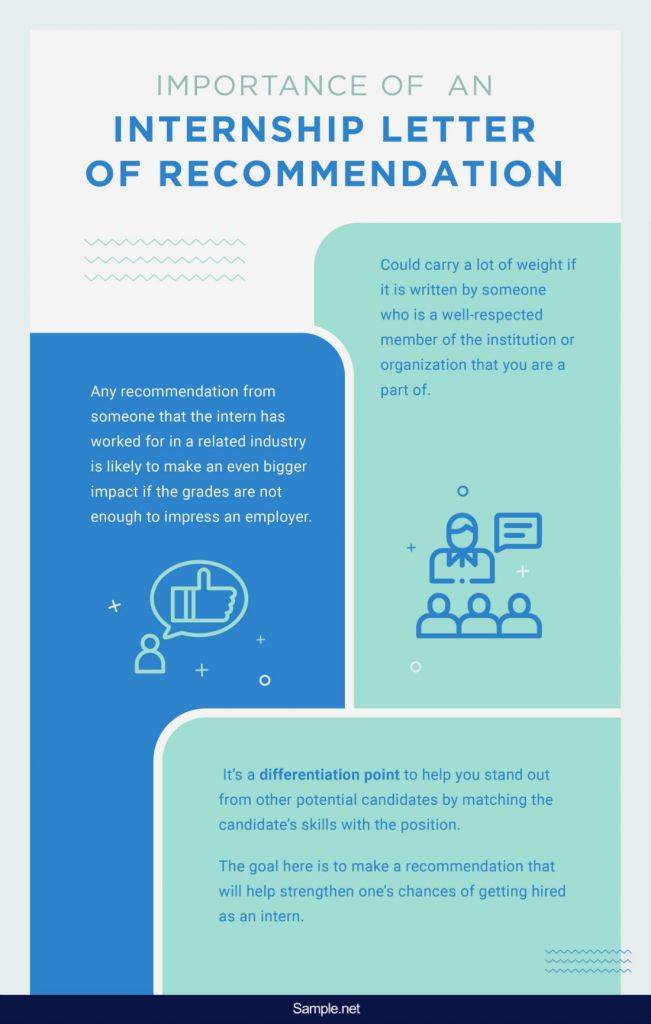
How to Make an Internship Letter of Recommendation
No matter what a student’s chosen field may be, a letter of recommendation can be a crucial tool for getting an internship at a particular company. Having a student ask you to write the letter would be an honor that you won’t want to mess up. Thus, taking the time to write a credible and solid recommendation letter is important for the benefit of all. To write the letter, there a few things to bear in mind.
Step 1: Start with a Salutation
For personal letters of recommendation, using a warm greeting or salutation would be a good way to start. Begin the letter by addressing the person you are writing to. This generally includes the word “Dear” followed by the title and last name of the recipient. But if you aren’t sure who to address the letter to, you can keep it safe with “To Whom It May Concern.” While it is also possible to leave this portion blank, you’d want to make sure your message reaches the right person on time.
Step 2: Explain the Purpose of the Letter
The first paragraph of the letter consists of a brief introduction that explains your purpose for writing the letter. It should identify your relation or connection to the person you are recommending, including how you know them and why your reference matters. It must also provide a quick snapshot of why you believe that the applicant would be the perfect candidate for the internship. As the introductory section of your letter, try not to make it too wordy. It’s best to create a letter that’s short yet engaging enough to keep your audience interested.
Step 3: Include Specific Information about the Candidate
Describe the person you are writing to by including specific details on why they are qualified and what they may contribute to the company. This is usually written in a separate paragraph to focus the reader’s attention on what’s valuable. You don’t need to state these qualifications in more than two sections, just as long as you can provide an overview of the applicant’s strengths based on what you have experienced firsthand. Be sure to elaborate on all these as coherently as possible.
Step 4: State Your Reason for Recommending the Person
After presenting all the skills, qualifications, areas of knowledge, and other assets of the person you are recommending, make a brief summary explaining the reason why that individual is worth your endorsement. Stating that you recommend the student for a particular reason is a great way to validate the whole essence of your letter. It’s not meant to repeat everything you’ve stated in the previous paragraphs, but it does help reinforce your message similar to a call-to-action.
Step 5: Offer to Provide More Information
Before closing your letter, the concluding paragraph must express your desire to provide more information about the subject. You can add your phone number, email address, or office or home address within this paragraph for the reader to find. Although there’s no certainty, you’ll get a call because of it, showing that you are willing to answer any questions or concerns about the applicant would prove that there’s more to the candidate than what’s written on paper.
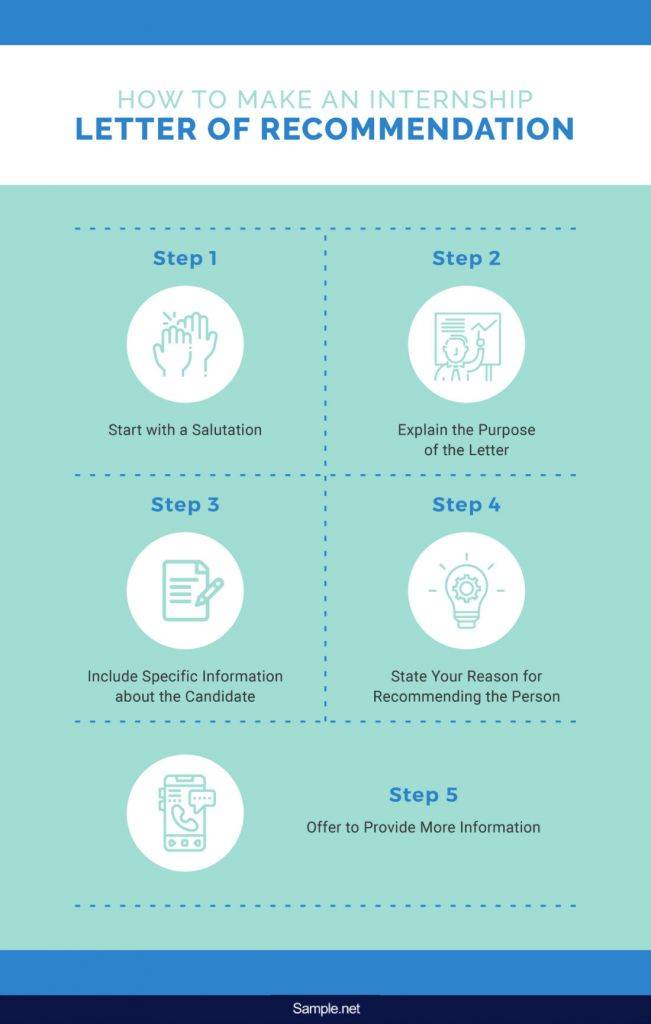
The Dos and Don’ts of an Internship Letter of Recommendation
A study conducted by the National Association of Colleges and Employers found that 65% of paid internships turn into official job offers. In contrast, unpaid internships yield job offers around 39% of the time. This proves that getting an internship at a renowned firm, or even at a small or medium company, can be beneficial to a student’s career development. Whether you’re applying for a paid internship or not, you still need a good pitch to boost your chances of getting accepted for the role. Here’s a list of dos and don’ts to consider when writing a recommendation letter for an internship.
What to Do
1. Do make sure the letter does not oppose the rest of the application.
Along with your recommendation letter, the applicant would have to submit other records as a requirement for the internship. This includes transcripts, a personal statement, and a resumé. Recruiters will likely skim through these documents before they get a chance to read your recommendation. The last thing you would want is to create a letter that merely duplicates what was already emphasized. You don’t have to repeat something that has already been reflected in the other documents that were submitted. It’s even worse if your recommendation letter contradicts the rest of the application in your effort to put the person you are vouching for in a good light. So instead, it would be best to translate those facts and figures into a story.
2. Do discuss how well you know the applicant.
This explains why you even know the applicant well enough to write the recommendation. Your relationship with the candidate also helps recruiters determine why you are a credible source of information. Perhaps the applicant was a student in some of your classes, or you’re the president of an organization the applicant has been a member of for the past years. Whatever the reason may be, you should point out why your recommendation matters to one’s candidacy. Prove that you actually know the person, and you weren’t forced to write the letter for the sake of it.
3. Do choose at least two qualities that you observed in the applicant.
Describe the applicant in a few words. When you think about the person, what are the first things that come to mind? Choosing two or more qualities that best define the individual is one way of showing why he or she may be suitable for the position. Avoid writing cliché descriptions that the reader is likely to find in a dozen other letters that were addressed to the recruitment office. If you stick to the usual adjectives, it would be impossible for an employer to distinguish the person you are vouching for from other applicants. It’s best to highlight the qualities or skills of the individual that are worth noting. You can even quantify or rank his or her strengths compared to other applicants for a precise analysis. Anything generic or vague must be avoided so as not to make the applicant sound ordinary and forgettable.
4. Do use examples to support your statements.
Once you have stressed out the qualities that describe the applicant, it’s time to expound those points by providing real-life examples. It’s easy to say good things about a person without trying to prove your points in any sort of way. By supporting your statements with specific examples, you should be able to demonstrate how or when the applicant managed to apply those attributes during relevant instances that occurred in the past. It doesn’t have to be in the form of a paragraph, as long as it tells a brief story of how these qualities were exhibited. Make sure these statements are made as concrete and detailed as possible to make it easy for readers to visualize your claims.
5. Do draw attention to the applicant’s potential in the chosen field.
One of the things that an internship recommendation letter aims to do is to give a person an edge over other applicants. Apart from the things that the student has already accomplished, you need to specify what he or she is capable of doing that might make him or her an asset to the company. How will the applicant fit into the company’s culture? Can he or she carry out the duties assigned to the position being applied for? Getting accepted for an internship role is almost as difficult as getting hired for a full-time job. If you want your students to receive this opportunity to grow in their career, you must describe them in terms that best reflect their distinctive or individual strengths.
What Not to Do
1. Don’t shy away from mild criticisms.
Weaknesses aren’t always a bad thing. They help humanize the applicant and show that you are truthful with your claims. But stating the negatives without making any indications of growth would only make your criticisms sound discouraging to the reader. Instead, you must prove that there is still room for improvement and that the candidate is more than willing to make that change. You can cite situations that demonstrate how a person managed to overcome his or her weaknesses to obtain a favorable outcome. This technique is often used to make the endorsement seem more personal rather than scripted.
2. Don’t include any negative information that could hurt an applicant’s chances.
Try not to go overboard with your criticisms. There’s such a thing as being too honest with your claims, especially if your words seemingly exaggerate the truth. As mentioned, it’s important to frame the criticism in a way that shines a positive light on the situation. It’s usually the flip side of a strength. You can be as honest in your letter as you want to be, as long as the good traits prevail in the end. Be careful with information that may be considered derogatory in form. Even if it wasn’t in your intention to make someone sound like a bad person, you could be giving out information that is too sensitive for an individual to lose their chances of landing the internship eventually.
3. Don’t allow the applicant to insist on the letter’s content.
Regardless of how occupied you are on other things, never agree to sign a letter you didn’t write. Your busy schedule should never be a reason to succumb yourself to an act of dishonesty. Don’t accept the request to make the recommendation if you don’t have the time even to do it in the first place. While you can ask the applicant for ideas on what to include in the letter, make sure this information is only used as a basis for your recommendation. You may meet with the student and discuss matters that could help their case. Your professional integrity is on the line, so why risk it all for a pre-written letter?
4. Don’t add any unnecessary details.
The appropriate length of a recommendation letter is debatable by many. Something too short can lack the power to impress a reader, while something too long can possibly discourage an employer from reading any further. The best you could do is to cut out anything irrelevant from the letter. If it isn’t necessary to emphasize in your content, don’t include it. It’s a wise idea to highlight information that would actually matter to the person reading the letter. This refers to anything that closely relates to the requirements of the internship position being applied for by the student. Be mindful of the direction you are taking while writing your content, as you wouldn’t to slowly drift away from the main point you were supposed to convey.
5. Don’t forget to proofread your content.
Remember to review your letter before submitting it to the recruitment office. Check for any mistakes in spelling or grammar that need to be corrected in order to finalize the letter. Go over your text for any inaccurate details that might have been missed as well. No matter how accustomed you have become to letter writing, you’re still prone to committing a few minor mistakes that could affect the way your letter impacts its audience. Keep in mind that once you send the letter, either via email or physical mail, there’s no way of getting it back. Don’t take any chances; have someone help you proofread the recommendation letter for a more accurate review.
When you want a potential employer to think highly of you, a letter of recommendation can come to your advantage. This formal letter is typically written by a professor, coach, or guidance counselor who can help vouch for your qualities and credentials professionally. As someone responsible for composing the letter, be sure you’re prepared for it. You can try using a letter template for the task to help simplify the process and produce a quality recommendation letter for each of your students. Simplify customize the recommendation for each subject, and you should be good to go.
